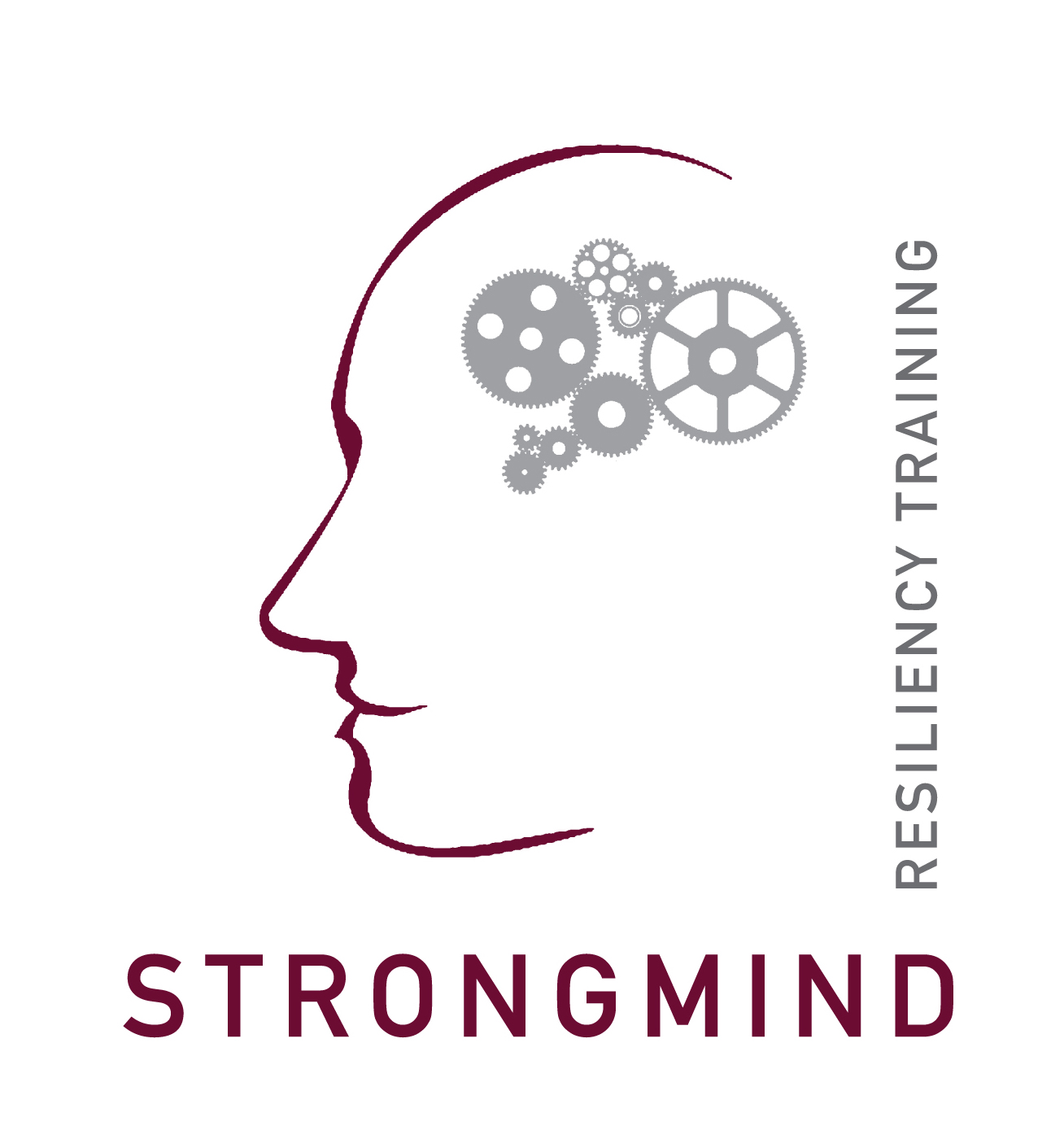

Mental Health Awareness Week: Why It Matters Now More Than Ever
Each year, Mental Health Awareness Week offers a powerful opportunity to spotlight a topic that affects us all – but is often still misunderstood, overlooked, or stigmatised: our mental health.
Whether you’re an individual navigating the daily ups and downs of life or part of a workplace supporting colleagues and employees, this week reminds us of one crucial truth – mental health is just as important as physical health.

What Is Mental Health Awareness Week?
Mental Health Awareness Week is an annual campaign hosted by the Mental Health Foundation, typically held in May in the UK. Each year, the week focuses on a specific theme – ranging from anxiety, body image, and loneliness to kindness or movement. Ultimately the goal is to open up meaningful conversations, raise public understanding, and promote practical steps that anyone can take to support better mental wellbeing.
Why Mental Health Awareness Matters
Despite growing awareness, mental health challenges are still common – and often hidden. in fact, according to recent data:
- 1 in 4 people experience a mental health issue each year.
- Depression is now one of the leading causes of disability worldwide.
- Anxiety, stress, and burnout are increasingly prevalent in both young people and working adults.
Importantly, mental health issues don’t discriminate – they affect people of all ages, backgrounds, and professions. However, stigma, shame, or lack of understanding still prevent many from seeking the support they need.
This is where Mental Health Awareness Week encourages us to break that silence and make mental wellbeing a shared priority.
Mental Health in the Workplace
For employers and organisations, this week is a meaningful moment to reflect on workplace culture and wellbeing practices.
Acknowledging Mental Health Awareness Week:
- Reduces stigma around talking about mental health at work
- Encourages early intervention and access to support
- Builds trust and psychological safety among staff
- Promotes resilience, morale, and retention
Whether through mental health check-ins, awareness sessions, or simply starting conversations, small actions can have a lasting impact.
Tip: Consider hosting a staff wellbeing event, sharing personal stories, or providing mental health resources during the week.
How to get involved
No matter who you are or where you work, there are many ways to support Mental Health Awareness Week. For example, you could:
- Organise a team activity like a walk-and-talk, wellbeing lunch, or online mindfulness session
- Start conversations – ask colleagues or loved ones how they’re really feeling
- Display posters or resources around your workplace, school, or community hub
- Educate yourself and others on recognising signs of stress, anxiety, or burnout
Even small steps can spark meaningful change...
Additionally, you can invest in your team’s development by enrolling them on training course to build their resilience when they face mental health challenges, take a look at our course listings to see what we provide:
Mental Health First Aid – MHFA – Strongmind
Personal Resilience – Strongmind
Supporting Others in Times of Crisis – Strongmind
Final Thought
Mental Health Awareness Week isn’t just a campaign and it’s definitely not a ploy to generate more sales for the high street – it’s a reminder that every one of us has mental health, and it deserves care, understanding, and space to be talked about openly.
By actively engaging in this week, we can each play a role in building a more compassionate and resilient work society. It is a powerful opportunity for workplaces to show that employee wellbeing truly matters, one where nobody has to struggle in silence.
So, whether you’re raising awareness at work, checking in with a friend, or taking time for your own wellbeing, remember: Mental Health Matters.
Search
Archive
- August 2020
- July 2020
- June 2020
Category
- TRiM
- Resilience
- Mental Health
- General
